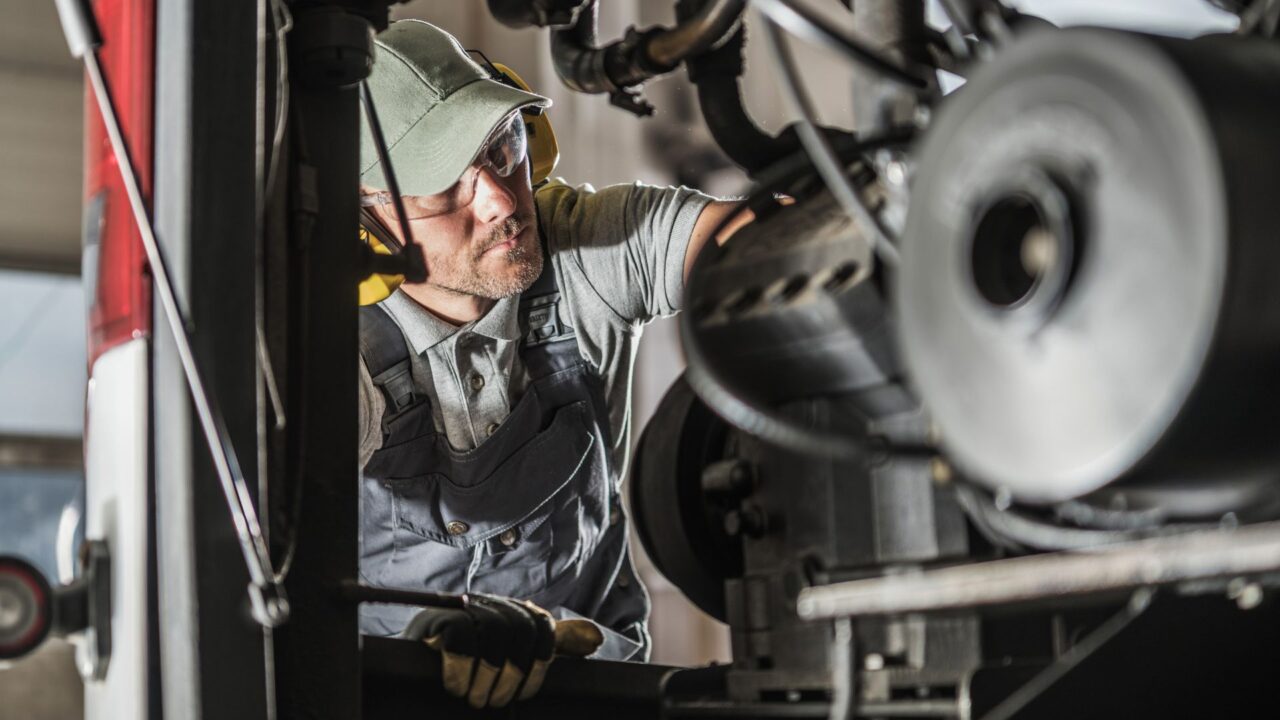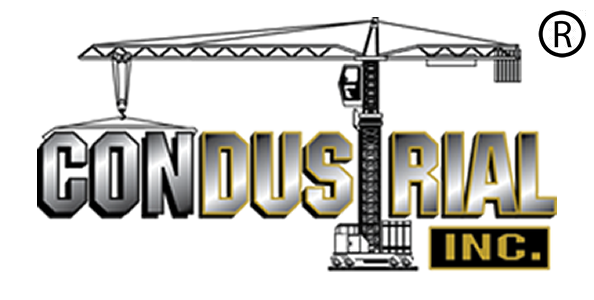Rev Up Your Career: A Guide to Becoming a Successful Diesel Technician/Mechanic

Becoming a diesel technician or mechanic offers a unique and rewarding career path for those drawn to hands-on work and complex problem-solving. It’s an especially appealing choice for job seekers who have a passion for heavy vehicles and an interest in the evolving automotive industry.
This profession is not only crucial for keeping trucks, buses, and other diesel-engine vehicles operational, but it also offers stability, as these skills are in high demand in the transportation and logistics sectors. Additionally, it’s a career that often provides tangible results and a sense of accomplishment, as mechanics directly contribute to the functionality and safety of essential vehicles. Here’s a comprehensive overview of what it takes to become a diesel tech/mechanic, including education, skills, training, aptitude, work-life balance, experience, how to get started, and job prospects.
Education
The journey to becoming a diesel mechanic typically begins with a high school diploma or equivalent. Some high schools offer vocational training programs, which can be a great start. After high school, aspiring diesel techs usually enroll in post-secondary training programs. These programs, offered by technical schools and community colleges, typically last from six months to two years and result in a certificate or associate’s degree. Courses cover diesel engine operations, diagnostics, repair techniques, and even hands-on training with real diesel engines.
Skills and Aptitude
Diesel mechanics need a combination of hard and soft skills. Technical skills include a thorough understanding of diesel engine components, electronic systems, and the ability to use diagnostic equipment. Soft skills are equally important; good communication is essential to explain repair needs and solutions to non-technical clients or coworkers. Mechanics also need to be detail-oriented and have excellent problem-solving skills to diagnose and fix complex issues.
Training and Certifications
Hands-on training is a significant part of becoming a diesel mechanic. Many educational programs include internships or on-the-job training components. After formal education, mechanics often start as apprentices or junior mechanics, working under more experienced technicians.
Obtaining certifications can enhance a diesel tech’s career prospects. The National Institute for Automotive Service Excellence (ASE) offers certification in diesel engine repair, brakes, electrical systems, and more. These certifications require passing an exam and having relevant work experience.
Work-Life Balance
The work-life balance for diesel mechanics can vary based on the employer and the nature of the job. Many mechanics work full-time, and overtime is common, especially for those who work in repair shops that offer emergency services. Some positions may require evening or weekend work. However, for those passionate about the field, the work can be highly satisfying.
Experience
Experience in the field is crucial. Entry-level positions may involve basic maintenance tasks, but as mechanics gain experience, they can take on more complex repairs and even specialize in certain types of diesel engines or vehicles. Experience also opens up opportunities for advancement into supervisory or managerial roles.
Getting Started
To get started, interested individuals should focus on gaining mechanical knowledge and experience. This can be through vocational training in high school, post-secondary technical programs, or apprenticeships. Building a strong foundation in math, electronics, and computer skills is also beneficial. Networking with professionals in the field and seeking internships or entry-level positions can provide valuable real-world experience.
Job Prospects
The job prospects for diesel mechanics are generally positive. As long as there are diesel vehicles on the road, there will be a need for skilled technicians to maintain and repair them. The growth in the transport and logistics industries, coupled with the increasing complexity of diesel engines and emission control systems, means that the demand for skilled diesel mechanics is expected to remain steady or even increase.
Moreover, with the advent of new technologies like electric and hybrid engines, mechanics who stay updated with these technologies will likely have a competitive edge in the job market.
In summary, becoming a diesel tech/mechanic requires a blend of education, hands-on training, technical and soft skills, and a commitment to continual learning. The profession offers a stable and potentially lucrative career path for those with a passion for diesel engines and the aptitude for mechanical work. With the right training and experience, diesel mechanics play a crucial role in keeping the wheels of industry turning.


